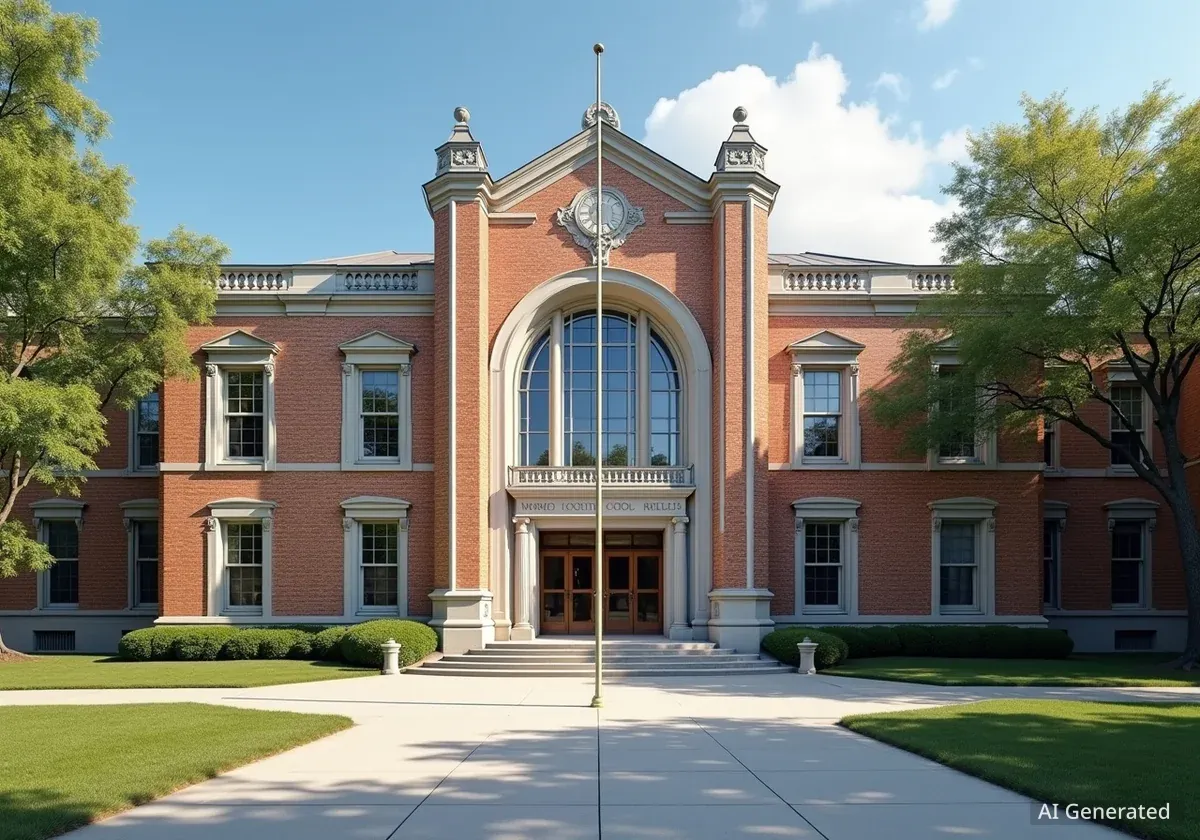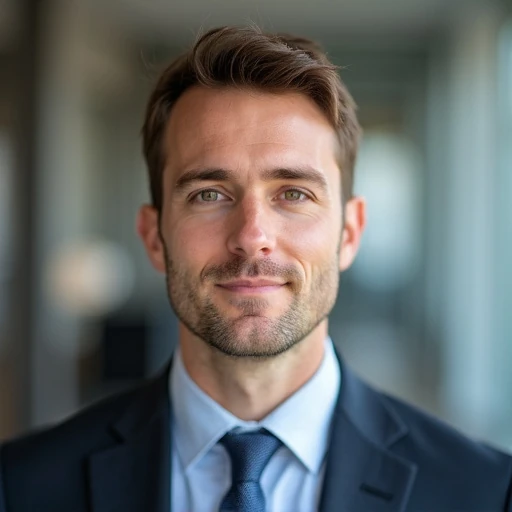Independent mayoral candidate Andrew Cuomo announced a comprehensive education plan on Saturday, October 11, 2025, focusing on expanding specialized high schools and gifted and talented programs across New York City. This proposal directly addresses a contentious issue in the ongoing mayoral election, particularly contrasting with Democratic front-runner Zohran Mamdani's previous stance on gifted and talented admissions.
Key Takeaways
- Andrew Cuomo plans to double the number of specialized high schools in NYC from 9 to 18.
- The proposal includes building a new specialized school in Queens, increasing its seats to 1,000.
- Cuomo aims to expand Gifted & Talented programs in all boroughs.
- The plan also focuses on modernizing classrooms and strengthening early college programs.
- This initiative contrasts with rival Zohran Mamdani's earlier position on gifted program admissions.
Cuomo's Vision for NYC Education
Andrew Cuomo's education strategy emphasizes increasing access to advanced learning opportunities for students citywide. The former governor detailed his plan during a press conference held on W. 14th St. in Manhattan. He stated that every child deserves the chance to reach their full potential, regardless of their background.
The proposal is a central part of his independent mayoral campaign. It seeks to reshape the educational landscape of New York City by providing more pathways for academically talented students.
Specialized High Schools in NYC
- Currently, there are 9 specialized high schools in New York City.
- Cuomo's plan aims to increase this number to 18 schools.
- Queens, the city's most diverse borough, currently has only one specialized school.
- Brooklyn Technical High School admits approximately 1,400 new students annually.
- Bronx High School of Science enrolls about 720 new students each year.
Addressing the Queens Disparity
A core component of Cuomo's plan involves a significant expansion of specialized education options in Queens. The borough currently houses only one specialized institution, Queens High School for the Sciences. This school admits a limited number of students, specifically around 130 per year.
Cuomo highlighted this disparity, noting that other boroughs have substantially larger specialized schools. For instance, Brooklyn Tech accommodates approximately 1,400 new students annually, while Bronx High School of Science enrolls about 720 students each year. The imbalance often forces Queens students to endure long commutes to attend specialized schools in other boroughs.
"Every child deserves the chance to reach their full potential, regardless of zip code, background or income," Cuomo stated. "Queens is home to extraordinary families and talented students, yet it has been overlooked when it comes to specialized education."
Collaboration with Education Advocates
Cuomo developed his plan in collaboration with Parent Leaders for Accelerated Curriculum and Education, known as PLACE NYC. This organization advocates for enhanced academic programs for students.
Yiatin Chu, co-president of PLACE NYC, voiced strong support for Cuomo's initiative. She emphasized the importance of fairness in educational access across the city's diverse boroughs. Chu specifically pointed out that Queens has been underserved compared to other areas benefiting from more accelerated learning opportunities.
Background on Gifted and Talented Programs
Gifted and talented programs in New York City public schools provide a separate educational track for selected students. Admissions to these programs, particularly for kindergarteners, have been a subject of ongoing debate. Critics often raise concerns about equity and access, while supporters argue for the importance of catering to advanced learners.
The Specialized High School Admissions Test (SHSAT) is a single examination used for admissions to many of the city's specialized high schools. This test has also been a point of controversy for many years.
Broader Educational Reforms
Beyond specialized high schools, Cuomo's plan encompasses several broader educational reforms. These include expanding Gifted & Talented programs to every borough. This aims to ensure equitable access to advanced learning opportunities across all parts of the city. The proposal also focuses on modernizing existing classrooms, updating facilities to meet contemporary educational needs.
Furthermore, the plan seeks to strengthen early college and Pathways in Technology (P-TECH) programs. These initiatives provide students with opportunities to earn college credits or gain technical skills while still in high school, preparing them for future careers and higher education.
Key Components of Cuomo's Education Plan:
- Building eight more specialized high schools: This would increase the total number to 18.
- Expanding Gifted & Talented programs: Ensuring availability in every borough.
- Modernizing classrooms: Investing in updated learning environments.
- Strengthening early college and P-TECH programs: Enhancing career and college pathways.
- Replacing "chronically failing" schools: Introducing charter and specialty schools in their place.
- Aligning education with job skills: Developing curricula relevant to workforce needs.
- Investing in teacher training: Supporting professional development for educators.
Contrasting Views in the Mayoral Race
Cuomo's strong stance on specialized education comes amid a broader debate in the mayoral election. His main rival, Democratic front-runner Zohran Mamdani, previously indicated a different approach. Mamdani, an alumnus of Bronx High School of Science, had initially suggested ending admissions to the gifted and talented program for kindergarteners in a New York Times candidate survey. This position ignited considerable public discussion.
Mamdani has since adjusted his position. He now emphasizes the need to focus on transforming the underlying conditions that form the basis for the specialized high school test. This shift reflects the ongoing complexity and sensitivity surrounding education policy in New York City.
The differing perspectives highlight a key area of policy divergence between the leading mayoral candidates. The debate over specialized schools and gifted programs remains a significant factor for many voters, particularly parents and educators concerned about student achievement and equitable access to quality education.





